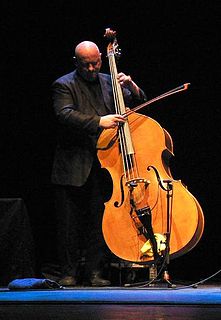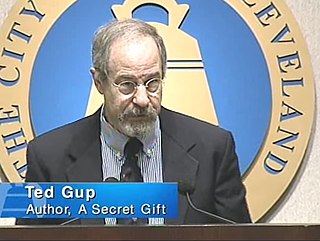A Quote by Gordon S. Wood
[John Adams] experience with the French philosophers only convinced him further of the need for a bicameral legislature representing the two principal social orders and, equally important, an independent executive.
Related Quotes
I think [John Adams's] influence on the federal Constitution was indirect. Many including James Madison mocked the first volume of Adams's Defence of the Constitutions of the United States in 1787. But his Massachusetts constitution was a model for those who thought about stable popular governments, with its separation of powers, its bicameral legislature, its independent judiciary, and its strong executive.
Creating senates, the French critics said, implied that there was another social order besides the people represented in the houses of representatives. [John] Adams actually agreed with that implication and argued that the aristocracy and the people had to have separate houses; this was the only way the power of the aristocracy could be contained.
In the legislature, the House of Representatives is chosen by less than half the people, and not at all in proportion to those who do choose. The Senate are still more disproportionate, and for long terms of irresponsibility. In the Executive, the Governor is entirely independent of the choice of the people, and of their control; his Council equally so, and at best but a fifth wheel to a wagon. In the Judiciary, the judges of the highest courts are dependent on none but themselves.
John XXI was a very great pope and he's the one who actually corrected the liturgy. He did so because of his friend Jules Isaac, a French Jewish historian who was a friend of John Paul, of John 23rd, and he convinced him and he changed the liturgy, no more Jew, the perfidious Jew and so forth and now, and don't speak any more of the Jews killing Christ. Things have changed.
[John Adams and Tomas Jefferson] shared experience in 1775 - 1776 in bringing about the separation from Britain and their service in Europe cemented a friendship that in the end withstood the most serious political and religious differences that one could imagine, especially their differences over the French Revolution. It was probably Jefferson's obsession with politeness and civility that kept the relationship from becoming irreparably broken.
One of the principal factors fueling the proliferation of the abuse of secrecy and sensitive but unclassifieds is the administration's adherence to the unitary executive principal. This administration more than any of its predecessors believes that it is its responsibility to collect power onto itself in the executive office when it comes to the conduct of war, foreign policy, the management of agencies and departments, regulations, etc.




























